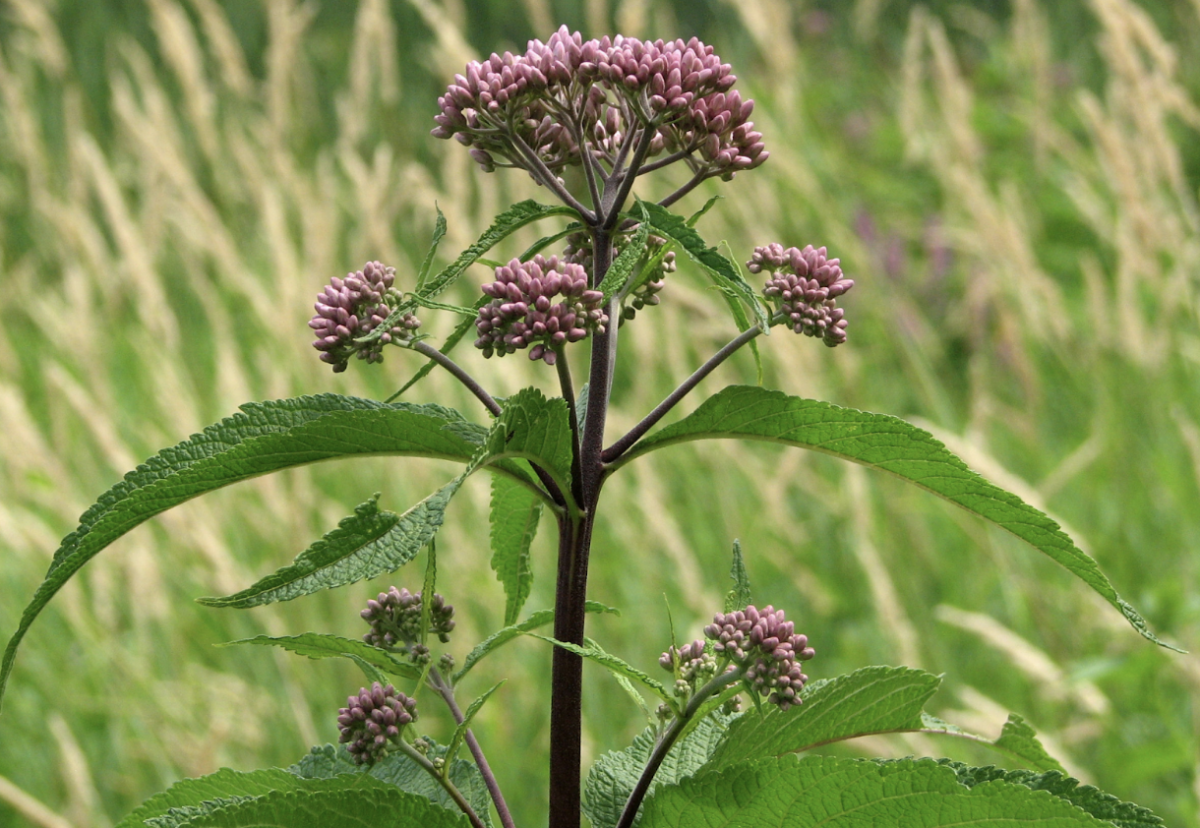Nature nurtures our mind and body.
Spending time outdoors is beneficial for physical, mental, and emotional health. Unfortunately this fact, despite being supported by data and research, is not widely acknowledged. According to Johns Hopkins Medicine, 1 in 4 American adults struggle with a mental health disorder yearly. That’s approximately 82 million people. Everyone has a busy life, but knowing the importance of spending time outside can help them prioritize it.
Devoting time outdoors could include going to the beach, walking your dog in a local park, or even gardening. Being in nature promotes physical activity, which has similar health benefits. Going outside has been shown to lower stress, anxiety, blood pressure, and risk of cardiovascular disease and psychiatric disorders, while also boosting mood levels, empathy, cooperation, and concentration when spending 120 minutes outdoors weekly. The beauty of this is that the benefits are equal no matter the age, ethnicity, sex, socioeconomic status, or location of a person, according to Mathew P. White, an environmental psychologist at the University of Exeter Medical School.
Canadian doctors recently received the ability to prescribe patients national park passes, allowing them to recommend that their patients take advantage of nature’s healing qualities. Prama Rahman, BC Parks Foundation’s Healthy By Nature Program’s coordinator, described another benefit, “We’re hoping that our PaRx program not only improves patient health, but reduces costs to the healthcare system.” A major issue with the American healthcare system is the high cost of medical care. Spending time in nature could reduce the need for frequent expensive doctor’s appointments.
In a report by the Harvard Graduate School of Education, an estimated 36% of Americans currently experience loneliness. Spending time in nature doesn’t require company and can lessen feelings of loneliness. A study from the University of Exeter Medical School discovered that those who feel socially isolated reported improved wellbeing after spending time outside.
Sunlight has a major effect on circadian rhythms, also known as the biological clock. Circadian rhythms regulate appetite, mood, sleep, wakefulness, energy levels, body temperature, libido, heart rate, and digestion– pretty much everything. Its main cues are light, temperature, food, water, and exercise. Spending time outdoors exposes you to sunlight, impacting your circadian rhythms.
If you have ever woken up to chirping songbirds, you know it’s the best way to wake up. Sounds of nature have also been shown to lower stress, while anthropogenic noise has been shown to increase stress. What you hear affects your body’s natural responses. Because spending time in nature doesn’t require directing attention to specific things, the mind is able to freely observe and think. This promotes relaxation and creative thinking.
We’re constantly surrounded by stress in our fast-paced lives. Taking time to replenish in nature has been widely proven by researchers to improve our mental and physical health. Take it upon yourself to prioritize your wellbeing, and take a breather outside when needed. Whatever activity you paused will be waiting for you.
Works Cited
Sheikh, Knvul. “How Much Nature Is Enough? 120 Minutes a Week, Doctors Say.” The New York Times, The New York Times, 13 June 2019, https://www.nytimes.com/2019/06/13/health/nature-outdoors-health.html.
“Mental Health Disorder Statistics.” Johns Hopkins Medicine, https://www.hopkinsmedicine.org/health/wellness-and-prevention/mental-health-disorder-statistics.
Pruitt-Young, Sharon. “A New Program in Canada Gives Doctors the Option of Prescribing National Park Visits.” NPR, NPR, 9 Feb. 2022, https://www.npr.org/2022/02/09/1079356799/a-new-program-in-canada-gives-doctors-the-option-of-prescribing-national-park-vi.
White, Mathew P., et al. “Spending at Least 120 Minutes a Week in Nature Is Associated with Good Health and Wellbeing.” Nature News, Nature Publishing Group, 13 June 2019, https://www.nature.com/articles/s41598-019-44097-3.
“Nurtured by Nature.” Monitor on Psychology, American Psychological Association, https://www.apa.org/monitor/2020/04/nurtured-nature.
Cashin, Ali. “Loneliness in America: How the Pandemic Has Deepened an Epidemic of Loneliness.” Making Caring Common, Making Caring Common, 13 Dec. 2021, https://mcc.gse.harvard.edu/reports/loneliness-in-america.
Cartwright, Benjamin D. S., et al. “Nearby Nature ‘Buffers’ the Effect of Low Social Connectedness on Adult Subjective Wellbeing over the Last 7 Days.” MDPI, Multidisciplinary Digital Publishing Institute, 12 June 2018, https://www.mdpi.com/1660-4601/15/6/1238/htm.
Blume, Christine, et al. “Effects of Light on Human Circadian Rhythms, Sleep and Mood.” Somnologie : Schlafforschung Und Schlafmedizin = Somnology : Sleep Research and Sleep Medicine, Springer Medizin, Sept. 2019, https://www.ncbi.nlm.nih.gov/pmc/articles/PMC6751071/.
Sharma, Ashish, et al. “Exercise for Mental Health.” Primary Care Companion to the Journal of Clinical Psychiatry, Physicians Postgraduate Press, Inc., 2006, https://www.ncbi.nlm.nih.gov/pmc/articles/PMC1470658/.
A Synthesis of Health Benefits of Natural Sounds and Their Distribution in National Parks. https://www.pnas.org/lookup/doi/10.1073/pnas.2013097118.

















![Teacher [Milk] Tea: Part 2](https://bisvquill.com/wp-content/uploads/2024/03/Screen-Shot-2024-03-19-at-9.28.48-PM.png)


































